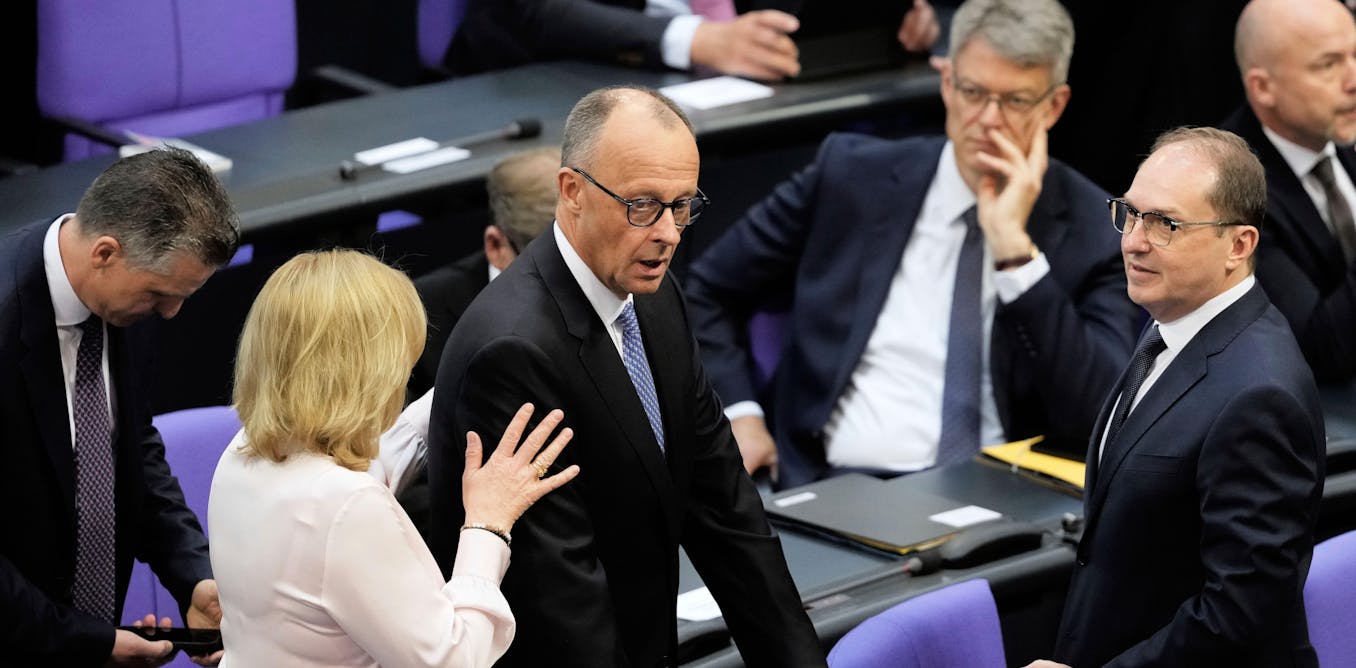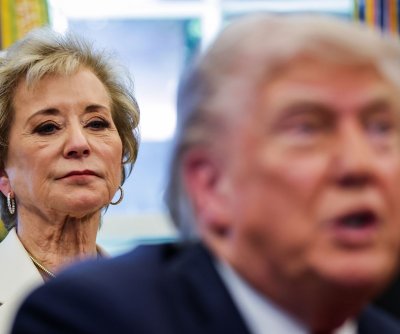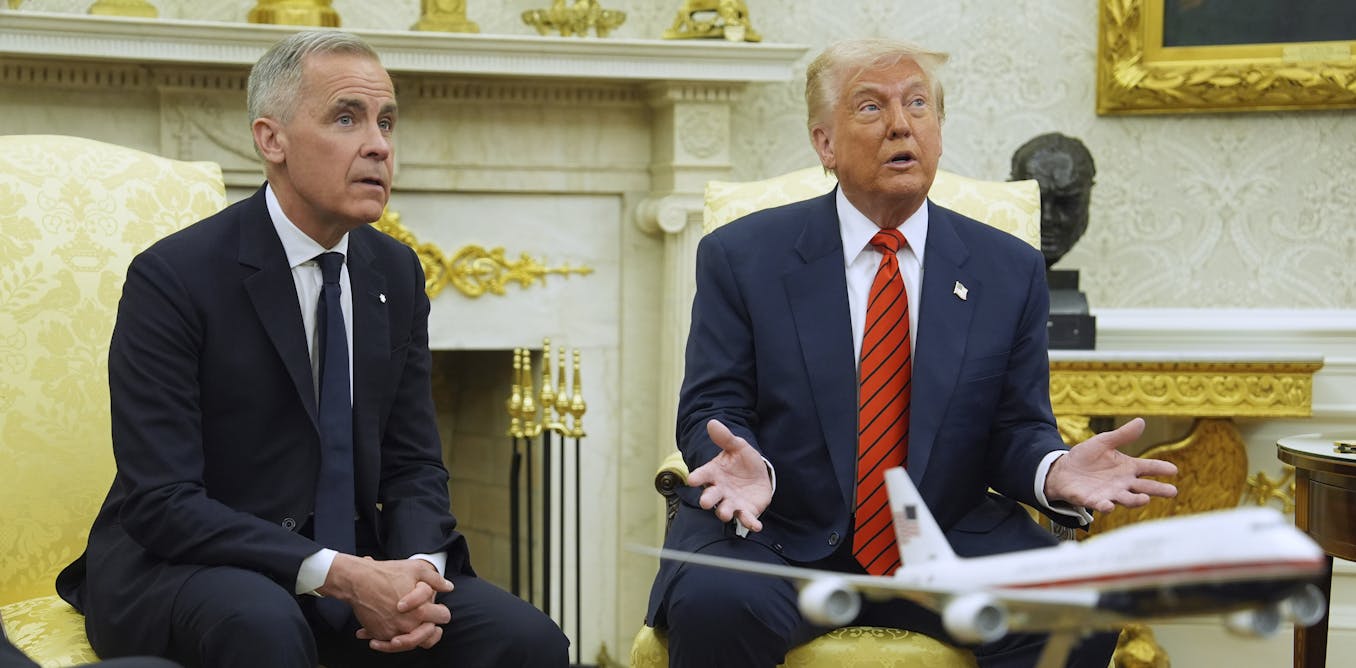Now Reading: Friedrich Merz confirmed as Germany’s chancellor – but betrayal by MPs in a secret ballot means he starts from a position of weakness
-
01
Friedrich Merz confirmed as Germany’s chancellor – but betrayal by MPs in a secret ballot means he starts from a position of weakness
Friedrich Merz confirmed as Germany’s chancellor – but betrayal by MPs in a secret ballot means he starts from a position of weakness

Germany’s new chancellor, Friedrich Merz, faced uncertainty after a narrow vote but eventually secured the role. In the initial vote, he fell short of the required majority, sparking speculation about internal betrayal. However, a second vote saw Merz garner enough support to become chancellor.
Merz’s CDU/CSU coalition with the SPD seemed shaky as the morning progressed, with uncertainties looming over his election. While candidates for chancellor often face challenges in securing votes, Merz’s situation was unique as he initially failed to win the majority.
The secrecy of the vote left unanswered questions about who voted against Merz in the first round. Various groups within the parliament, including dissatisfied CDU/CSU members and critics of Merz’s policies, were speculated to have influenced the outcome.
Despite the setback, Merz managed to secure the necessary votes in the second round, paving the way for his chancellorship. The episode highlighted the potential challenges Merz may face in his new role, especially given his prior weak poll standing and the need to unite a potentially divided government.






